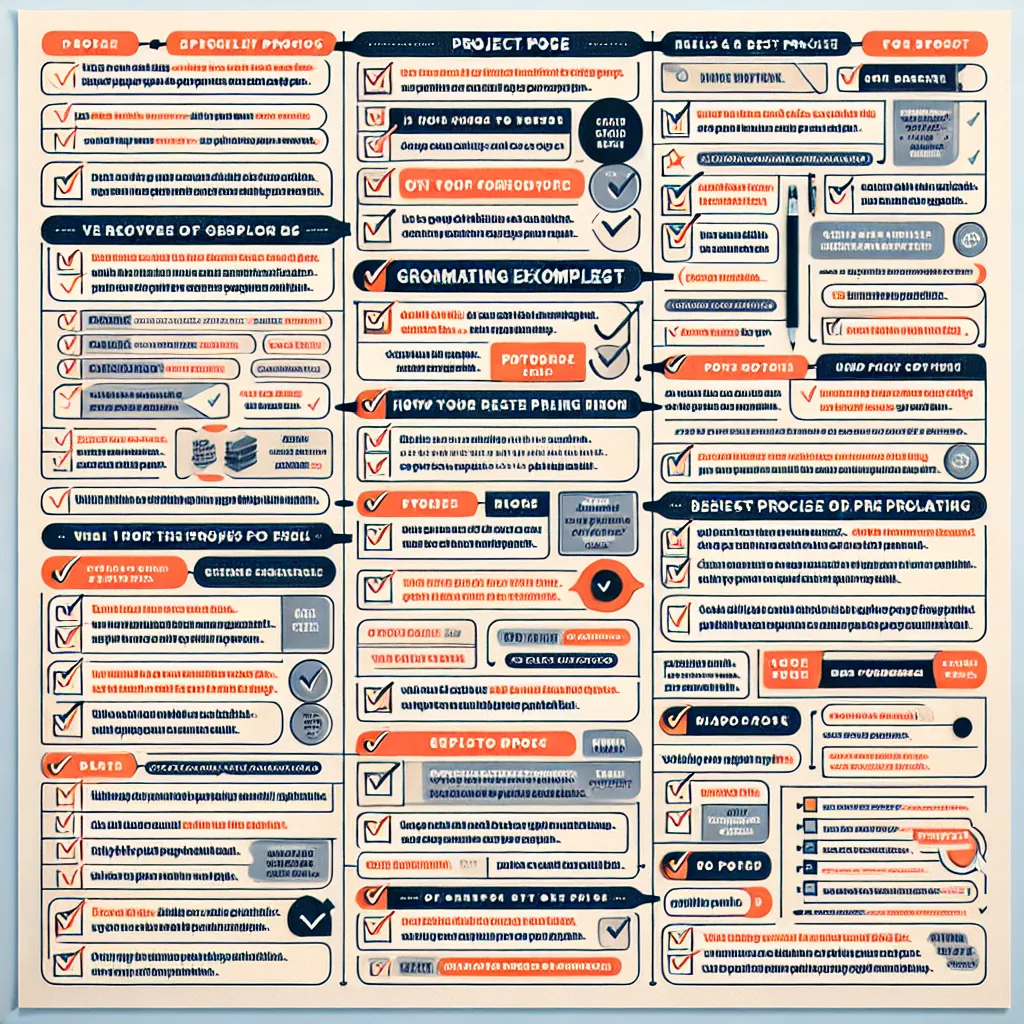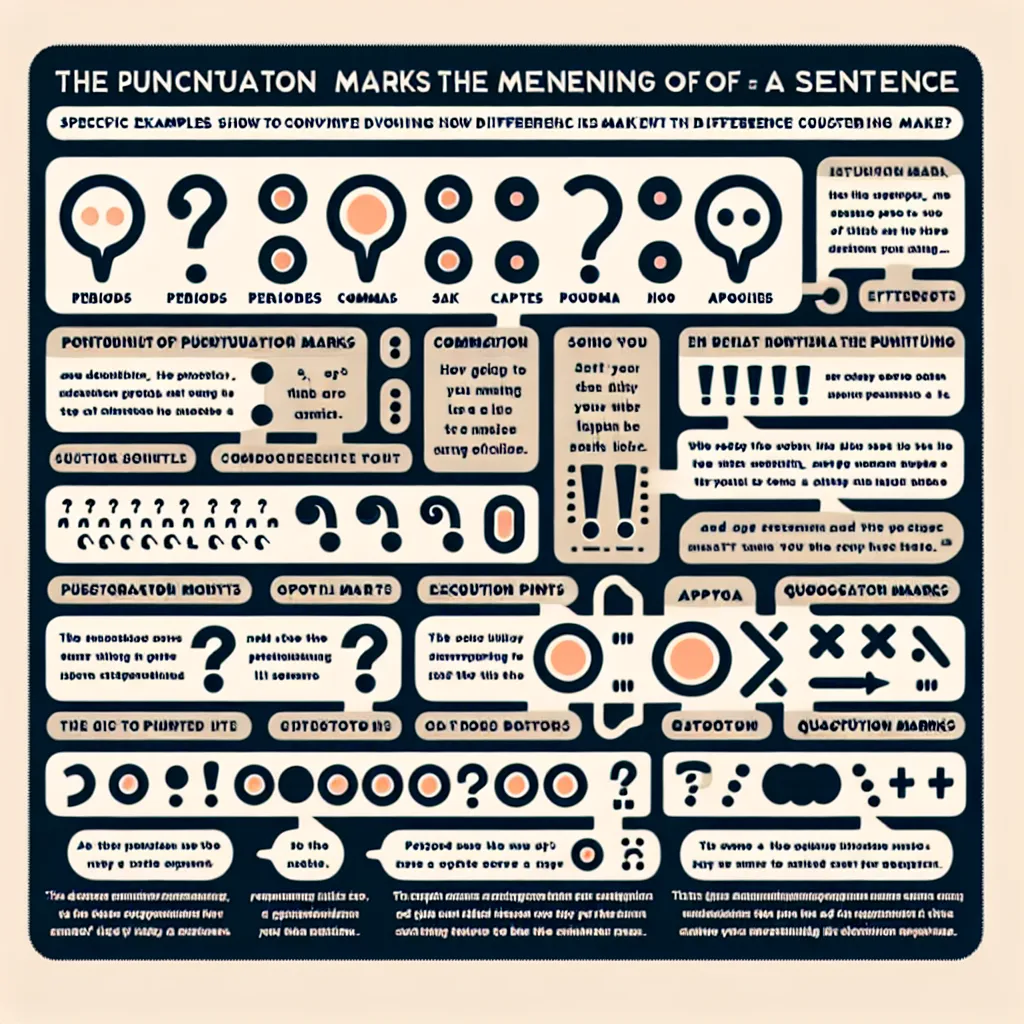Are you looking to enhance your project proposal writing skills? Mastering Advanced Grammar For Project Proposals is crucial for creating compelling and professional documents. In this comprehensive guide, we’ll explore essential grammar techniques to help you craft persuasive and polished project proposals.
Understanding the Importance of Advanced Grammar in Project Proposals
Project proposals are critical documents that can make or break your chances of securing funding, approval, or support for your initiatives. Proper grammar not only ensures clarity but also demonstrates professionalism and attention to detail. Let’s delve into why advanced grammar is vital for project proposals and how it can significantly impact your success rate.
The Role of Grammar in Professional Communication
In the world of business and project management, effective communication is paramount. Advanced grammar skills allow you to:
- Convey complex ideas clearly and concisely
- Establish credibility and professionalism
- Avoid misunderstandings and ambiguity
- Persuade stakeholders and decision-makers
 Professional writing a project proposal
Professional writing a project proposal
Key Grammar Elements for Project Proposals
1. Precise Verb Tenses
Using the correct verb tenses is crucial in project proposals to convey timelines, goals, and expected outcomes accurately. Here are some examples:
- Present tense: “This proposal outlines our plan to implement a new customer relationship management system.”
- Future tense: “The project will be completed within 12 months of approval.”
- Present perfect: “Our team has successfully executed similar projects in the past.”
2. Active vs. Passive Voice
While both active and passive voice have their place in proposal writing, active voice generally makes your writing more direct and engaging. Compare these examples:
- Passive: “The project will be implemented by our team.”
- Active: “Our team will implement the project.”
Use passive voice sparingly, such as when emphasizing the action rather than the actor or when the actor is unknown or irrelevant.
3. Parallel Structure
Parallel structure improves readability and coherence in your proposals. Ensure that items in a list or series follow the same grammatical pattern. For example:
- Incorrect: “The project aims to increase efficiency, improve customer satisfaction, and we want to reduce costs.”
- Correct: “The project aims to increase efficiency, improve customer satisfaction, and reduce costs.”
4. Proper Use of Modifiers
Modifiers add detail and precision to your writing but must be used correctly to avoid confusion. Place modifiers close to the words they modify. For instance:
- Incorrect: “Using our innovative approach, the project’s success is guaranteed.”
- Correct: “Using our innovative approach, we guarantee the project’s success.”
Advanced Techniques for Polished Proposals
1. Subordination and Coordination
Use subordinating and coordinating conjunctions to create complex sentences that show relationships between ideas:
- “Although the initial investment is substantial, the long-term benefits will far outweigh the costs.”
- “The new system will streamline operations and increase productivity, thus improving overall efficiency.”
2. Nominalizations
Convert verbs or adjectives into nouns to create more formal and abstract language when appropriate:
- Instead of “We will implement the project quickly,” consider “The rapid implementation of the project is our priority.”
3. Conditional Statements
Use conditional statements to discuss potential scenarios and outcomes:
- “If the project receives approval, we will begin implementation immediately.”
- “Should unforeseen challenges arise, our team is prepared to adapt the strategy accordingly.”
 Grammar checklist for project proposals
Grammar checklist for project proposals
Common Grammar Pitfalls to Avoid in Project Proposals
- Subject-verb agreement errors
- Misplaced or dangling modifiers
- Inconsistent tense usage
- Comma splices and run-on sentences
- Incorrect use of semicolons and colons
Practical Tips for Improving Your Grammar in Project Proposals
- Read your proposal aloud to catch awkward phrasing and errors
- Use grammar-checking tools, but don’t rely on them exclusively
- Have a colleague or professional editor review your proposal
- Create a style guide for consistency across all project documents
- Continuously educate yourself on grammar rules and best practices
For more insights on perfecting your grammar for professional communication, check out our article on advanced grammar for professional communication.
Conclusion
Mastering advanced grammar for project proposals is an invaluable skill that can significantly enhance your professional writing. By focusing on precise verb tenses, active voice, parallel structure, and other advanced techniques, you can create compelling proposals that stand out and increase your chances of success. Remember to continuously practice and refine your grammar skills, as they are essential tools in effective project communication.
To further develop your writing skills, consider exploring our guide on how to develop English proficiency in technical writing. With dedication and practice, you’ll be crafting impeccable project proposals in no time.




